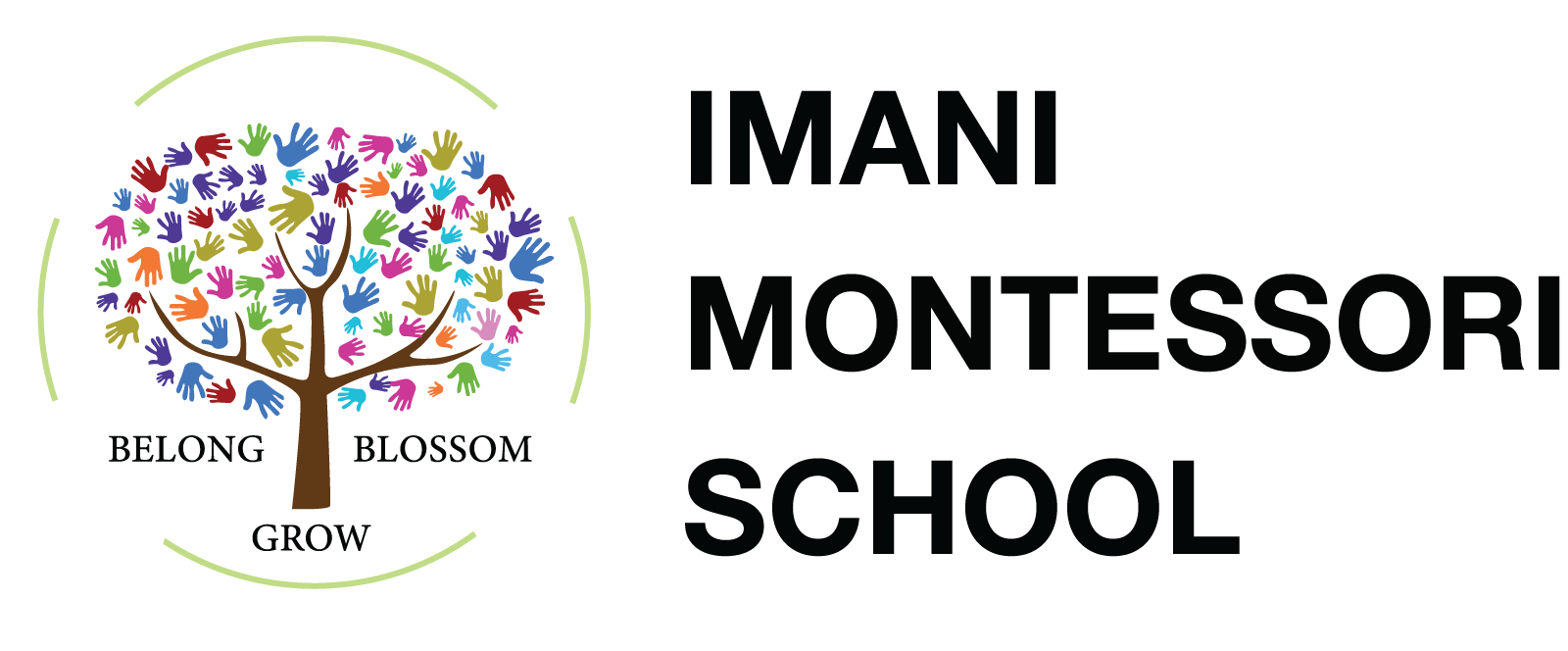Our approach values the individual child and their interests, allowing them to learn at their own pace and in their own way. The Montessori curriculum is designed to nurture each child’s unique potential and curiosity.
What Makes it Better for my Child?
Individualized instruction
Children are given individualized attention and support from their teachers to help them learn at their own pace.
Hands-on learning
Children are encouraged to explore and learn through hands-on activities and experiments.
Practical life skills
Children are taught practical life skills such as dressing themselves, cleaning, and cooking, which helps them develop independence and confidence.
Cultural studies
Children learn about different cultures and their traditions, which helps them understand and appreciate diversity.
Outdoor education
Children are encouraged to explore and learn in nature, which helps them develop a connection with the natural world.
The Montessori curriculum is a holistic approach to education that focuses on the individual needs and interests of each child. It is designed to foster independence, creativity, and a lifelong love of learning.
The Montessori curriculum covers the following areas:
The Montessori curriculum places a strong emphasis on practical life skills, such as self-care, basic care of the environment, and social skills. This is because the Montessori approach views these skills as essential for a child’s overall development and independence. In a Montessori classroom, children are given opportunities to practice and develop practical life skills through hands-on activities and real-life experiences.
Sensory development is an essential part of a child’s overall development. Inside Imani Montessori classrooms, children are given many opportunities to explore and engage their senses through hands-on activities and real-life experiences. For example, they might work with materials that have different textures, smells, and tastes, or engage in activities that involve different movements and sensations. Through these experiences, children learn to make sense of the world around them and develop their sensory skills.
At Imani Montessori, children are encouraged to learn at their own pace and to explore their interests through a range of hands-on activities and materials. This approach is particularly effective for helping children develop literacy skills because it allows them to learn in a way that is tailored to their individual needs and interests, rather than following a one-size-fits-all curriculum.
Cultural activities help children to respect and appreciate diversity through music, stories, artwork and items from the global community, society and cultural background. The culture area encourages children to develop their capacity for creation, and develop fine motor skills as they learn to freely express themselves. Through cultural activities, children develop an awareness and appreciation of the world around them.
At Imani Montessori School, children are free to explore and learn at their own pace, using a wide range of hands-on materials and activities. This approach is particularly effective for helping children develop strong numeracy skills because it allows them to learn in a way that is tailored to their individual needs and interests.
For example, a child who loves to build with blocks might be drawn to activities that involve counting, sorting, and measuring, while a child who loves to cook might be drawn to activities that involve weighing, measuring, and estimating.
This personalized approach can help children develop a love of numbers and math, and it can also help them build the skills they need to become confident, capable mathematicians.
To complement the Montessori curriculum, we offer a variety of extra-curricular enrichment activities including:
- Swimming
- French and Swahili Lessons
- Music lessons
- Field trips
- Kids in action
- Skating
- Ballet

